How Legal Ops Became the Center of Strategy with Adam Becker, Cockroach Labs

How Legal Ops Became the Center of Strategy with Adam Becker, Cockroach Labs
In this episode of The Abstract, Adam Becker, Director of Legal Operations at Cockroach Labs and CLOC board member, joins Tyler Finn for a thoughtful conversation on career evolution, scaling with AI, and the expanding role of legal ops professionals. From curiosity-driven pivots to building strategic buy-in, Adam unpacks what it takes to lead modern legal teams — and why the future of legal ops is bigger, bolder, and more people-centric than ever.
Key Insights
1. Curiosity Drives Career Transitions
Becker never planned to leave law practice, but curiosity pulled him toward problem-solving and process. “I wasn’t a great litigator because I kept asking how to make things better,” he admits.
That curiosity became his superpower — first in talent and attorney development, and later in Legal Ops. He encourages lawyers to see their skills as transferable and to explore new paths with “confident curiosity.”
2. Confidence Is Built, Not Inherited
When a friend encouraged him to apply for his first Legal Ops role, Becker realized he met 8 of 12 requirements — and applied anyway. He didn’t get the job but used the experience as a learning blueprint. “Confidence comes from action,” he says. “I spent the next year learning the four things I didn’t know.”
3. Small Changes Create Big Impact
At MetLife, he learned that “impact often looks like discomfort.” Not everyone cheers process change — sometimes the best indicator of impact is pushback. He believes in the power of MVPs – minimum viable processes: tiny improvements that compound across large organizations to produce massive efficiency gains.
4. Legal Ops Requires Confidence Over Consensus
“You can’t doubt yourself just because others aren’t ready to change,” he told Finn. Thick skin isn’t the point — conviction is. Change creates resistance by default, so Becker urges Legal Ops leaders to “hold steady until proven wrong” and invite feedback without losing momentum
5. The People Season
Becker frames his career in “seasons.” Right now, he’s in a “people season” — focusing on relationships and collaboration. “At Cockroach, I can know every team member well enough to understand what motivates them,” he says. He’s leaning into empathy and relationship capital as core tools for change management and cross-functional buy-in.
6. Balancing Scale and Flexibility
Joining Cockroach Labs as employee #350, Becker built Legal Ops for a company that’s now over 500 employees. He designed for scale while keeping systems flexible for innovation. “It’s a balance,” he says. “We still need things to work today, but we stay open to what’s next.” Cockroach Labs has since set a goal to be an AI-native organization — with Legal Ops experimenting daily with GPT tools and AI-driven workflows.
7. Legal Ops Is Entering Its Next Season
As a CLOC Board Member, Becker believes Legal Ops is moving from definition to expansion. “Ten years ago we were forming the profession. Now we’re specializing,” he says. With titles ranging from Director of Transformation to Legal COO, the field is widening. He sees this as progress, not confusion — “an inflection point that’s actually positive”
8. Closing Insight
“We’re not at a crossroads. We’re at a new season — and that’s a good thing.”
Becker reminds Legal Ops professionals that progress rarely looks like perfection. It looks like curiosity, connection, and constant iteration — the hallmarks of the next era of legal leadership.
In this podcast, we cover
0:00 Introduction and career arc overview
01:14 Early clues that pointed to process thinking
02:09 Breaking out of the lawyer mold and recognizing transferable skills:
05:51 Confidence, curiosity, and pivoting into legal ops
08:33 Driving impact at MetLife and Endeavor
11:09 Why legal ops requires conviction, not just thick skin
14:13 The people-process-tech triangle — and why “people” matters more
16:36 Culture and collaboration at Cockroach Labs
18:53 Balancing scale with flexibility in a fast-growing company
21:14 How legal ops has evolved through CLOC’s growth
26:22 Is legal ops at a crossroads? And what’s CLOC’s role in the future?
32:59 Rapid Fire

.svg)







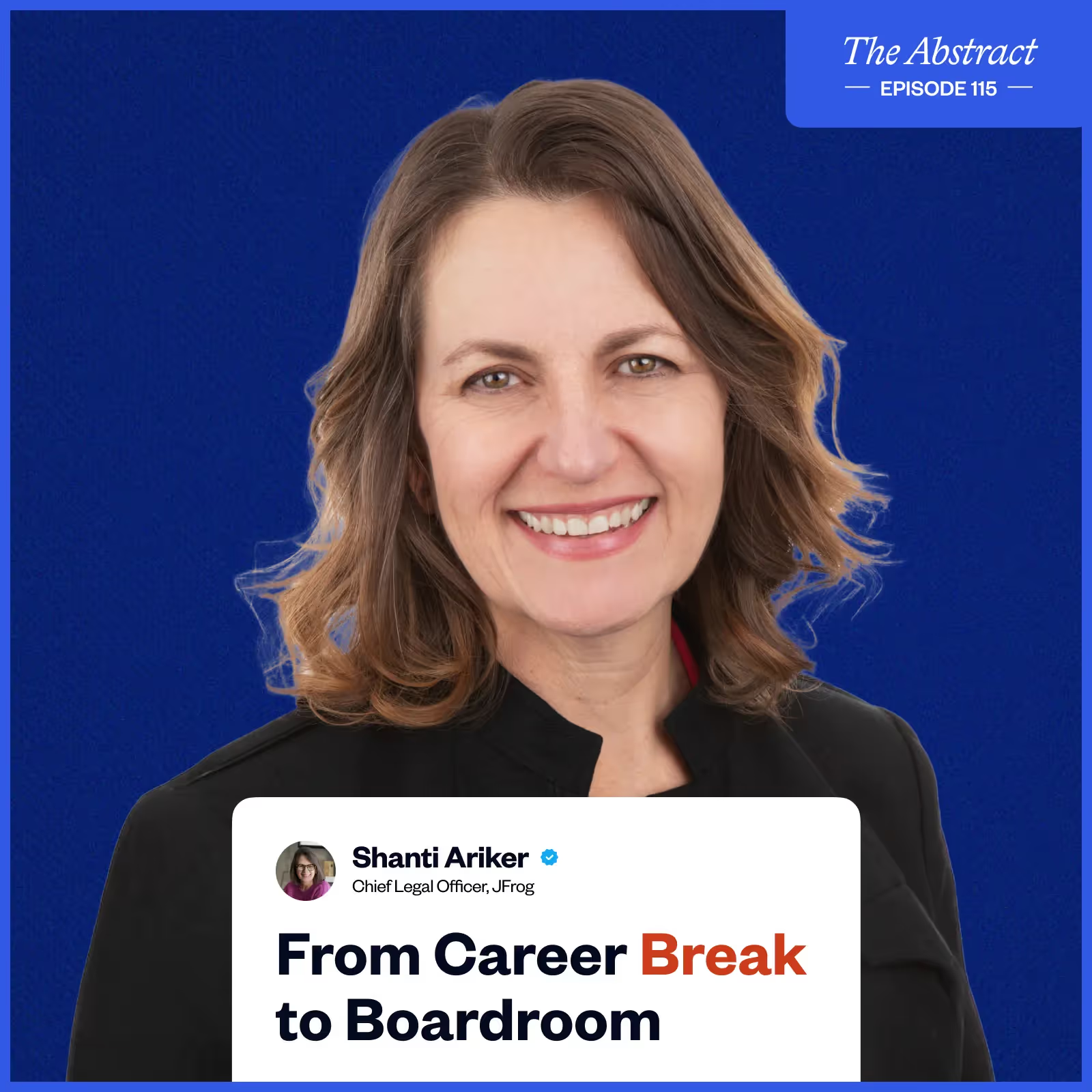
.svg)
.svg)


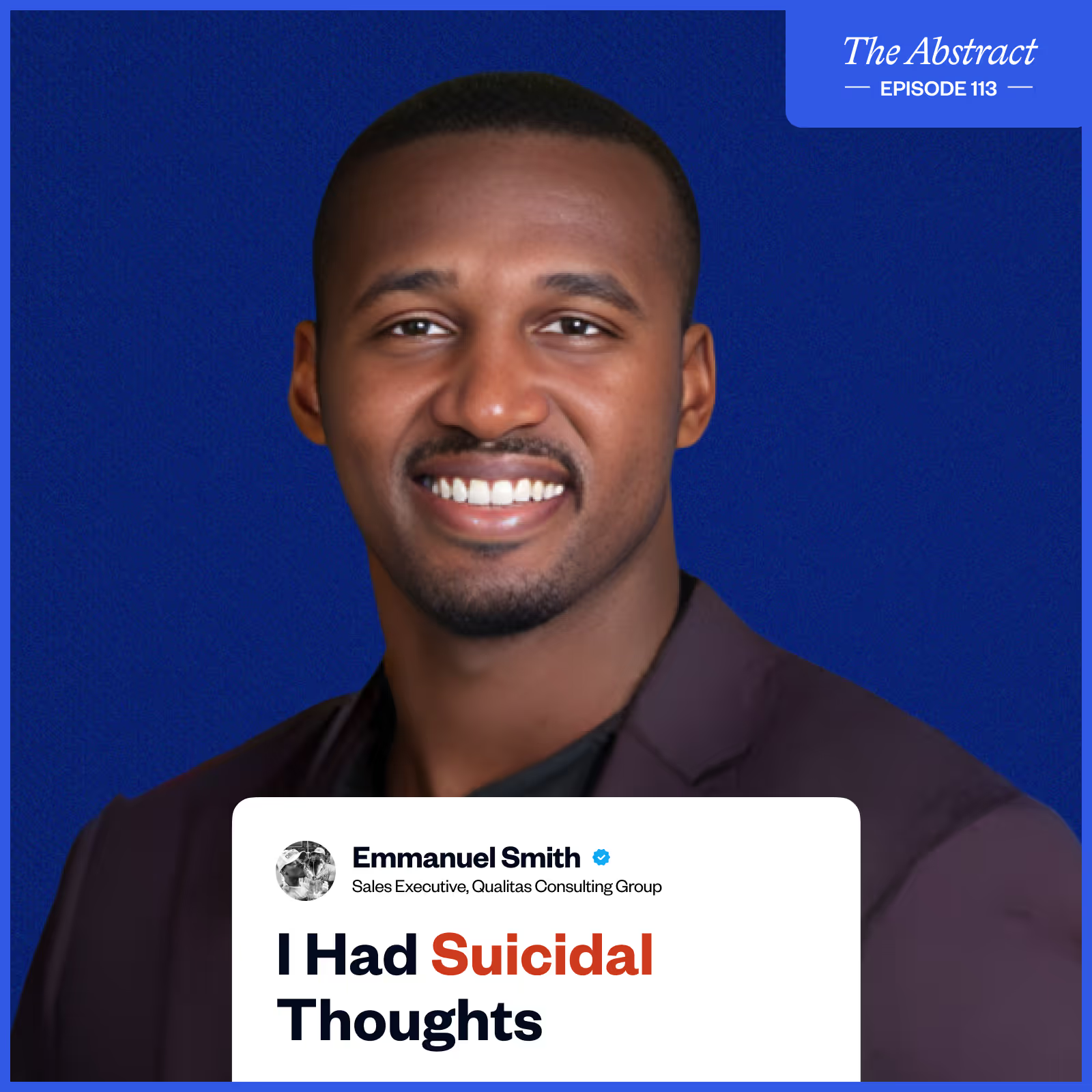

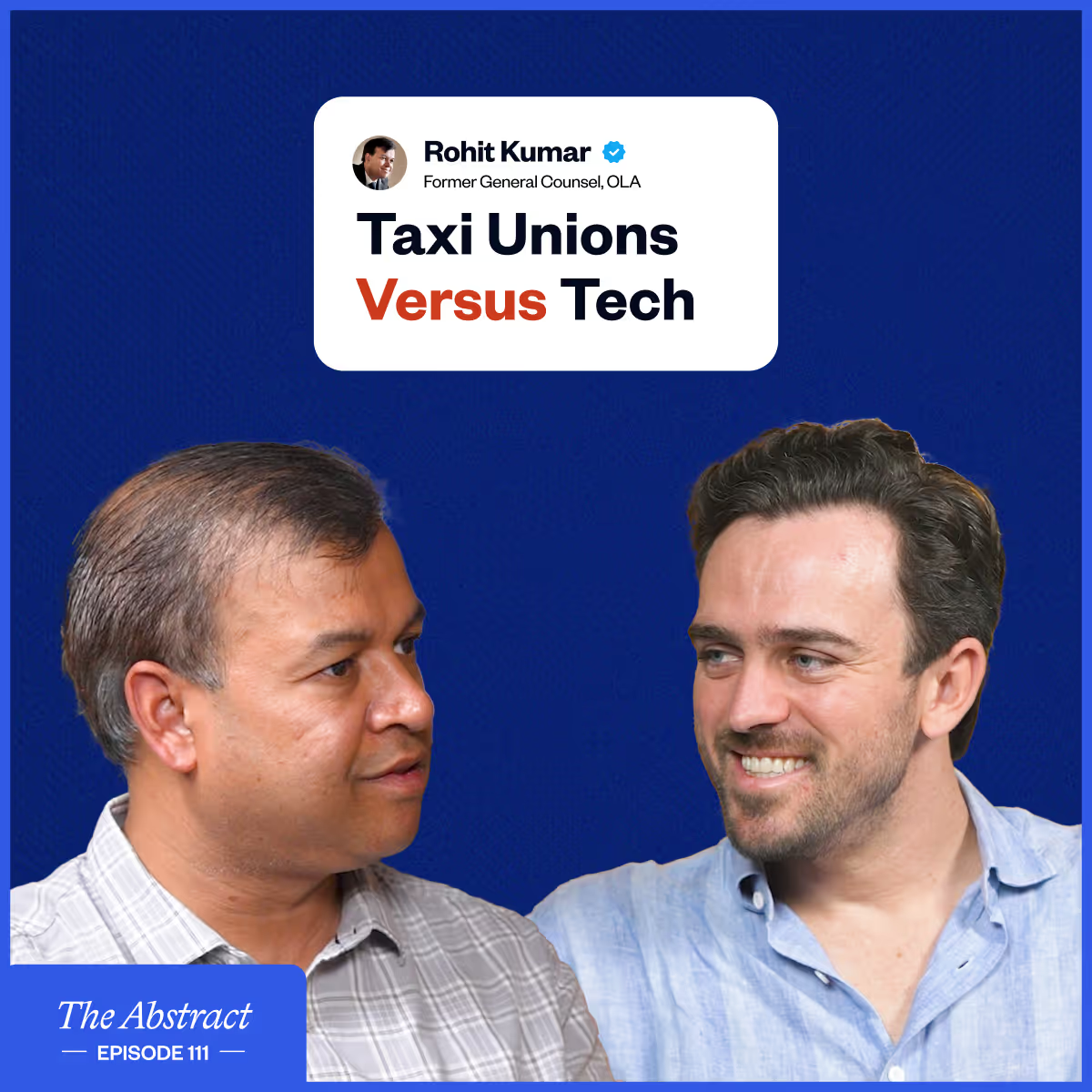
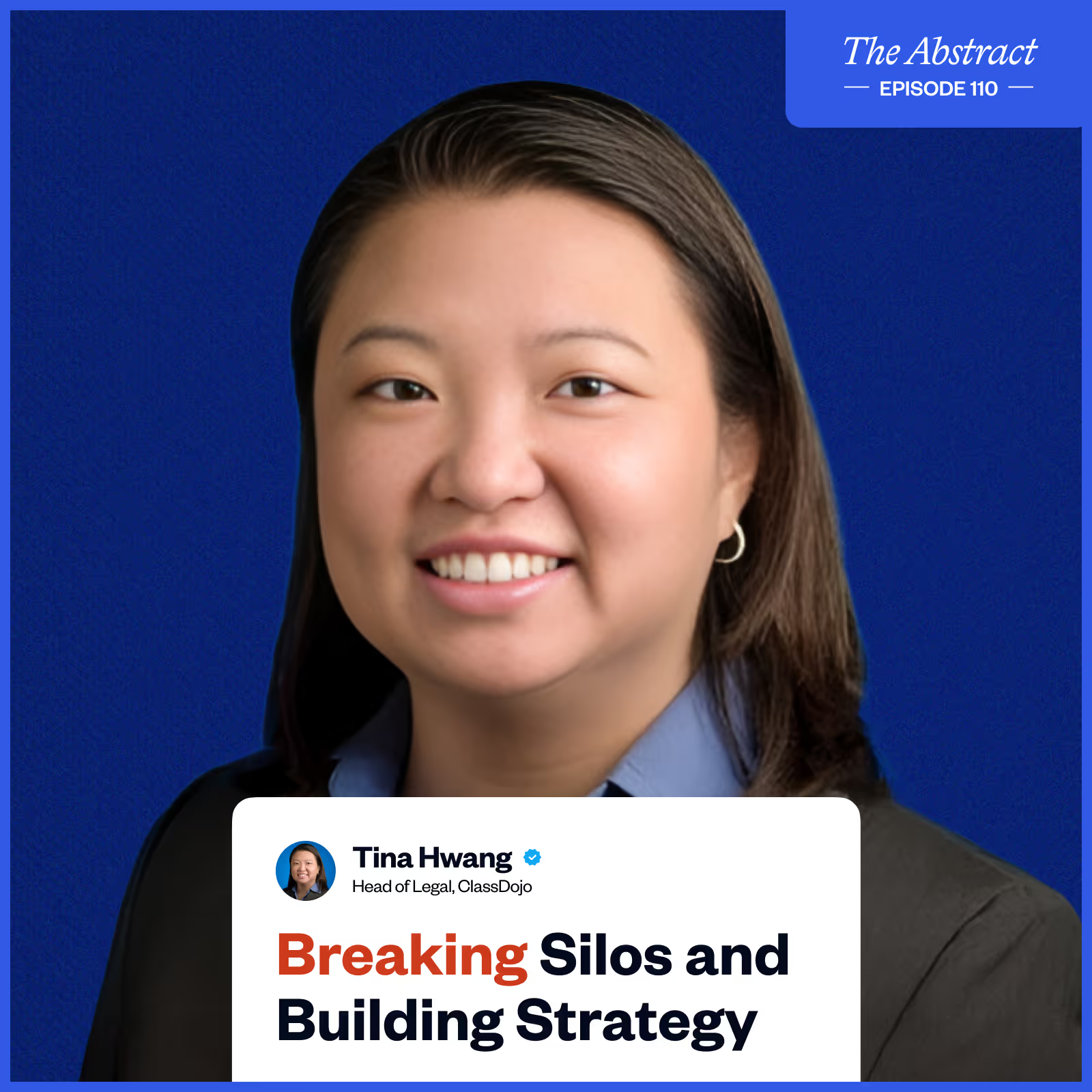
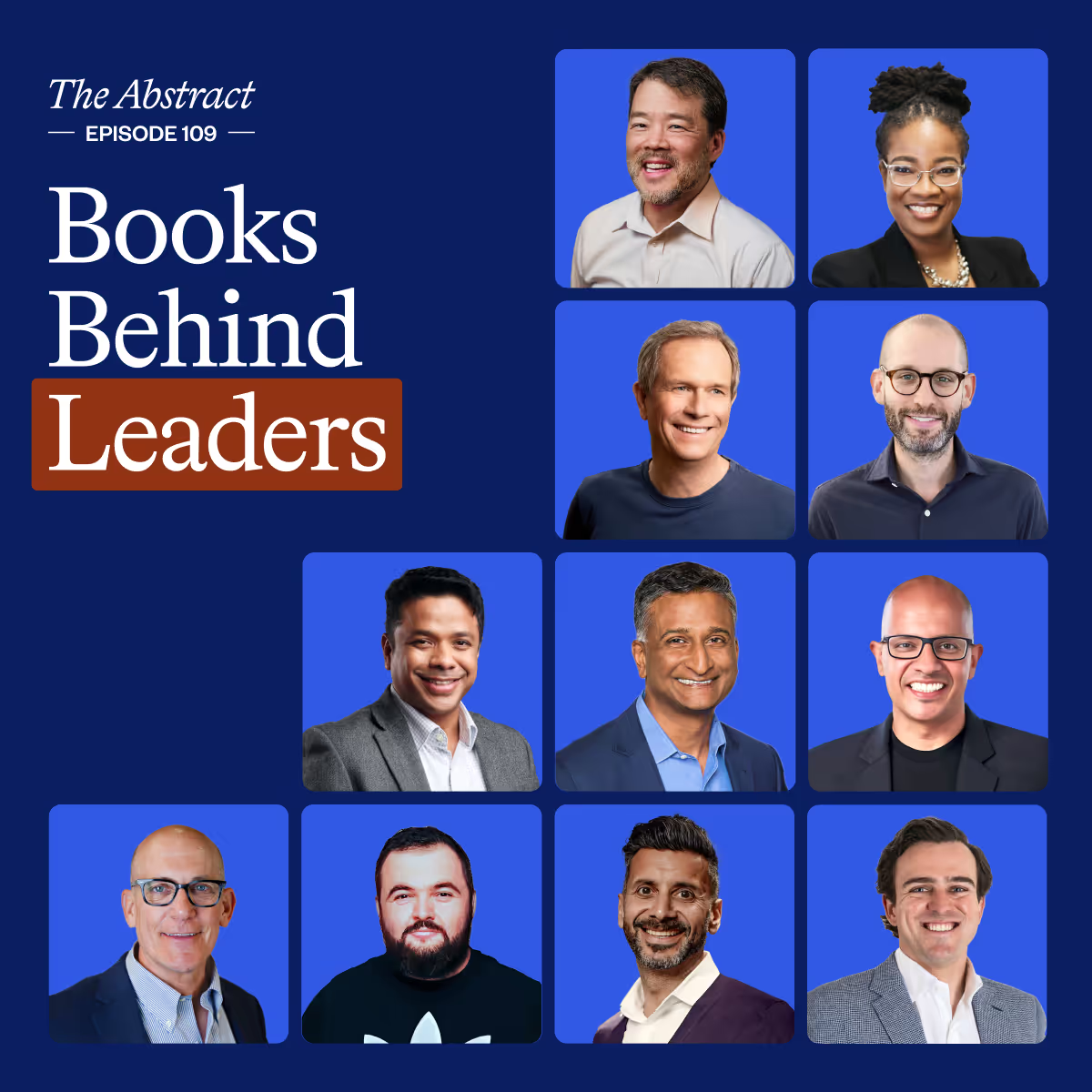

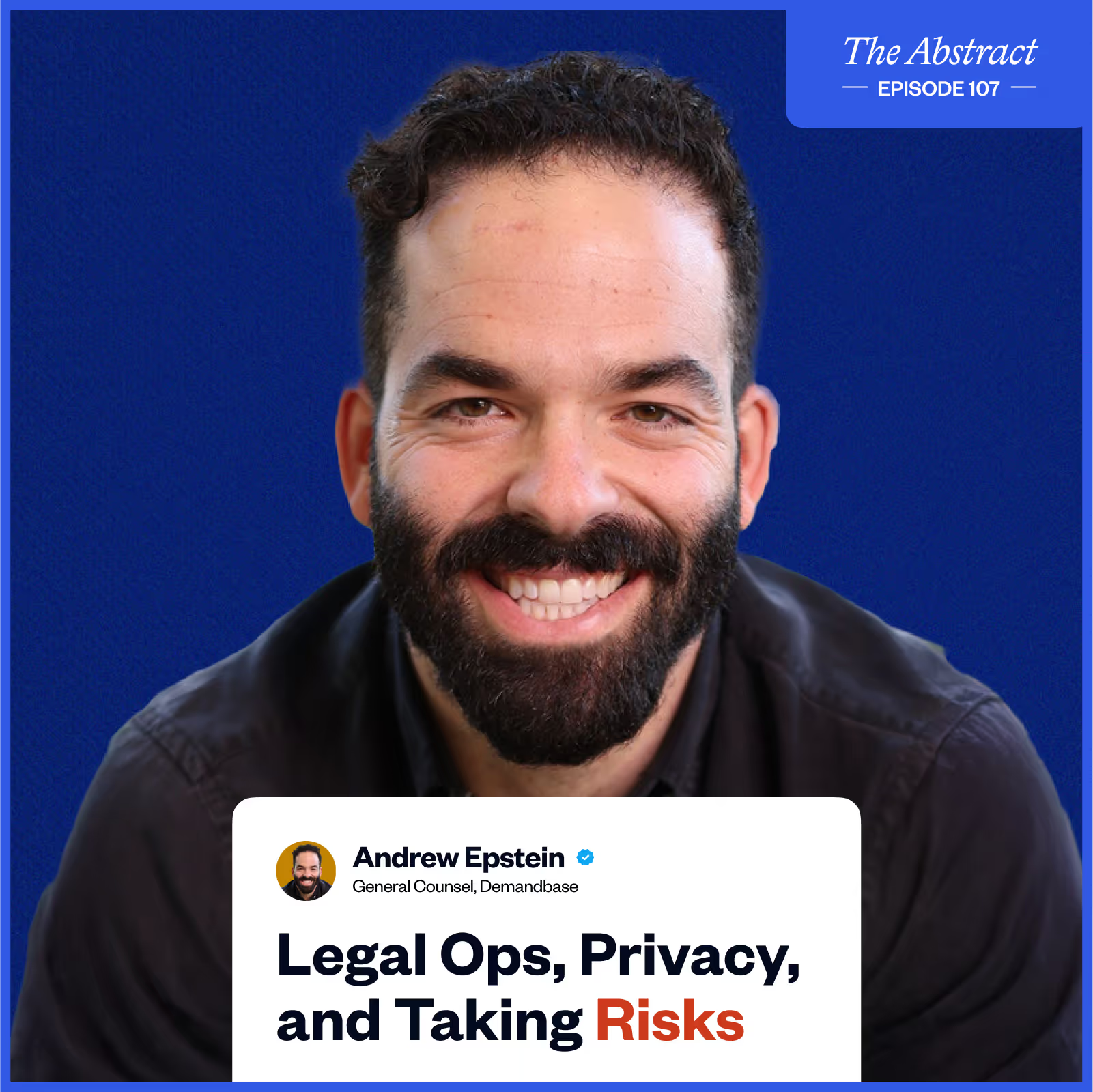


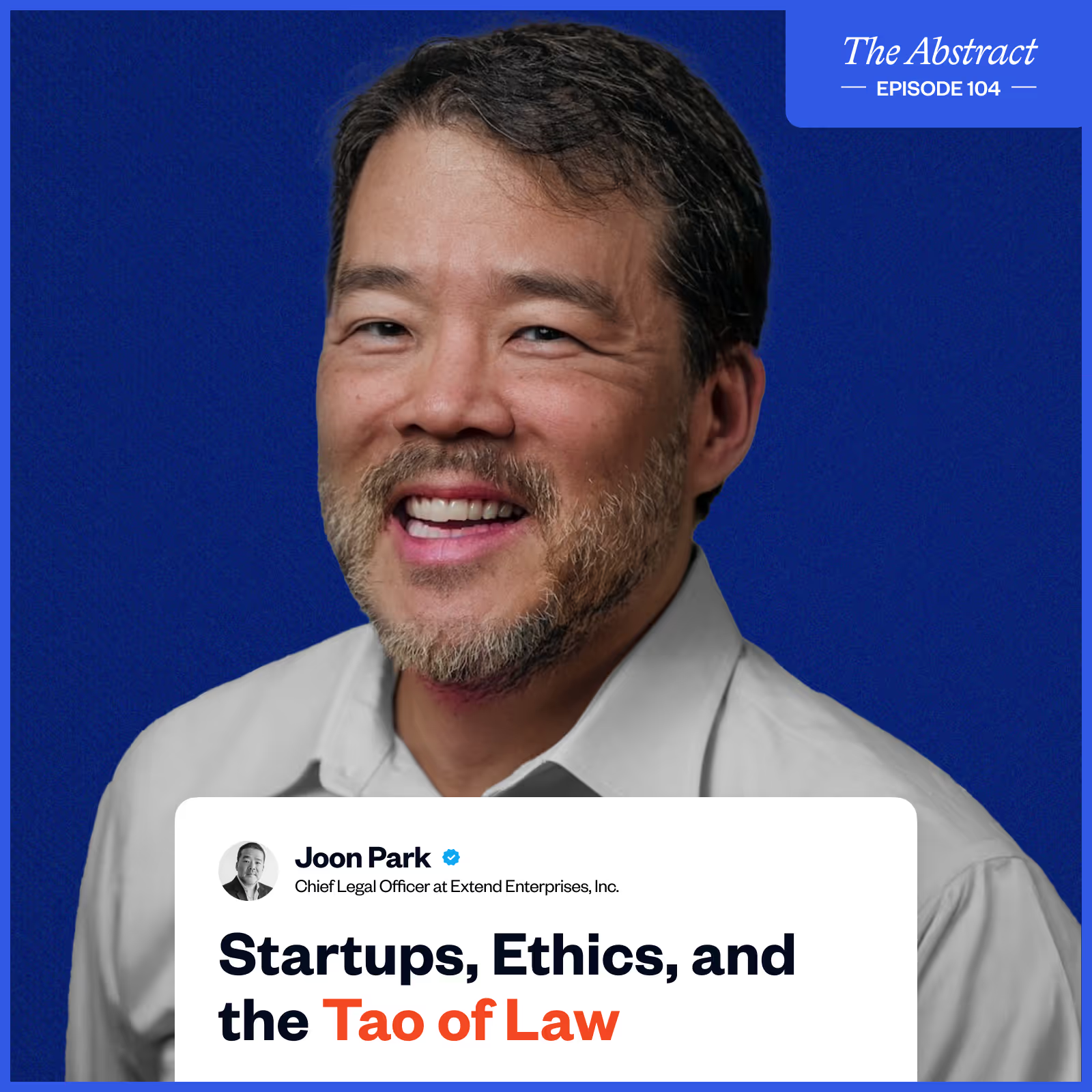

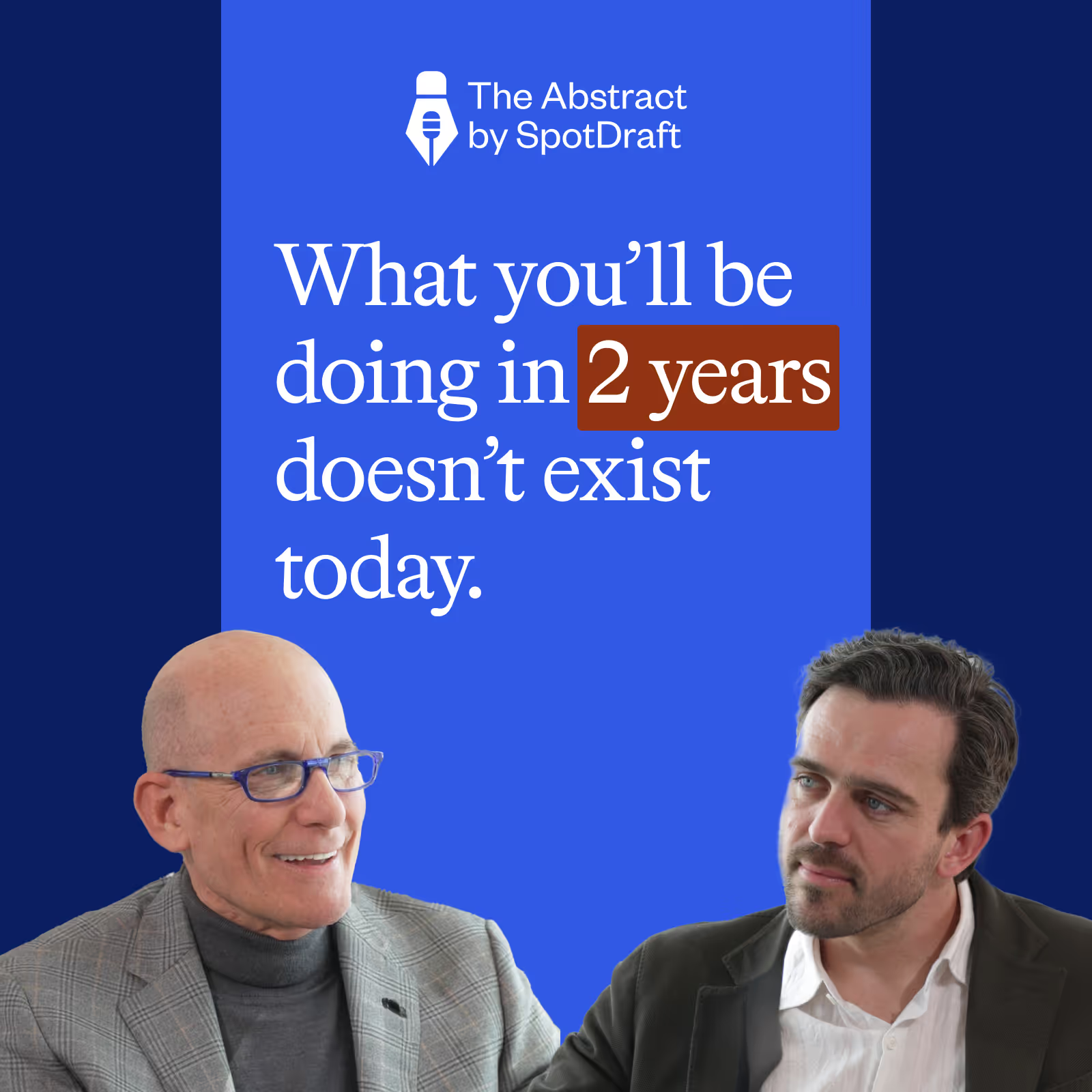


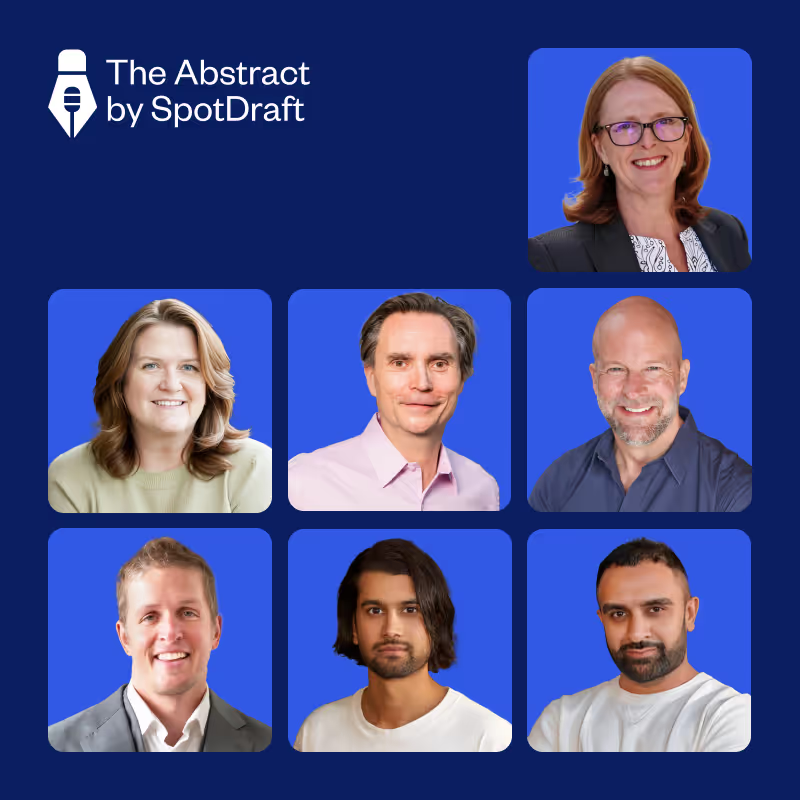



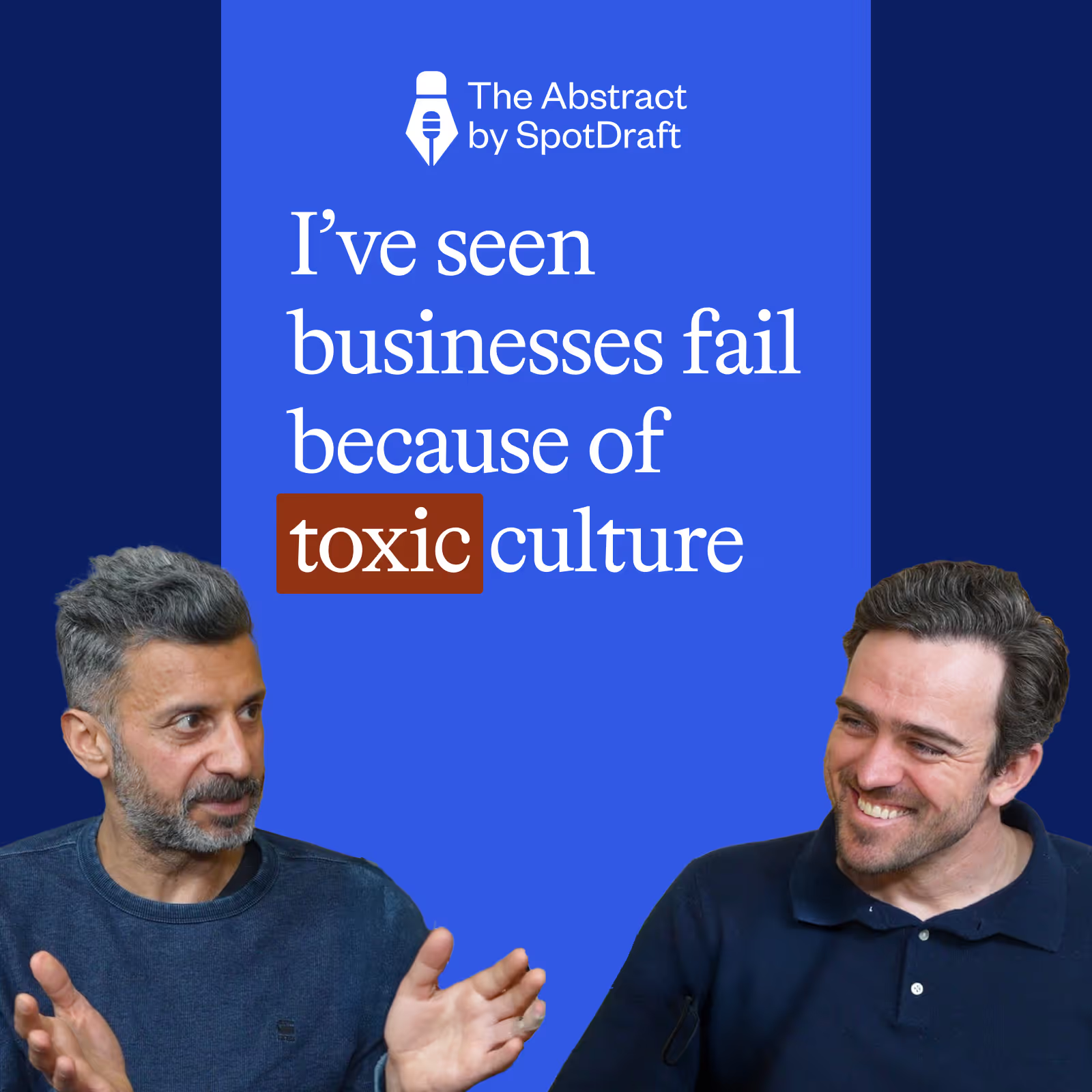

















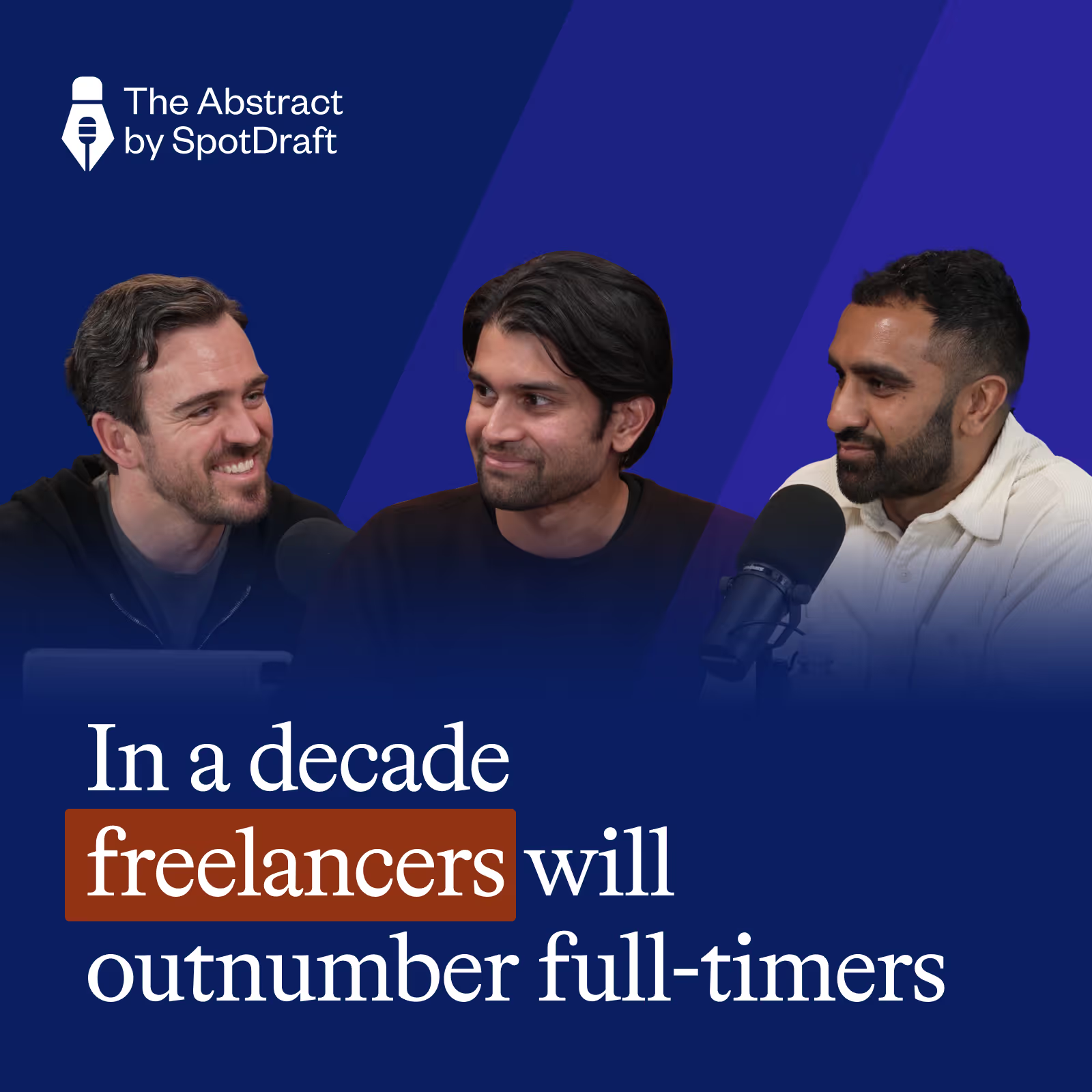











































.avif)







.avif)








